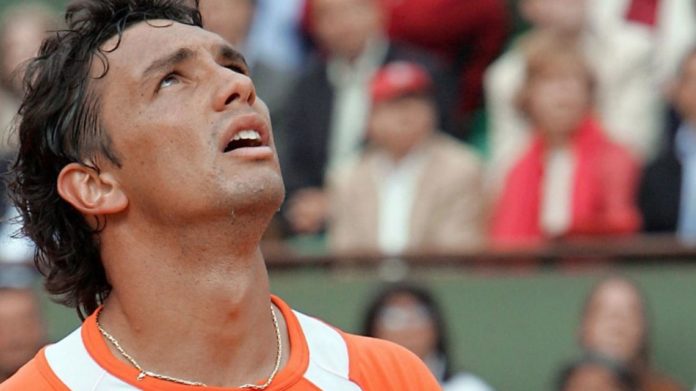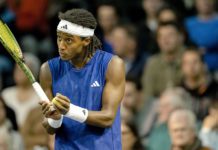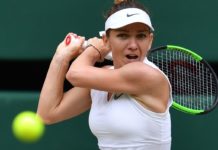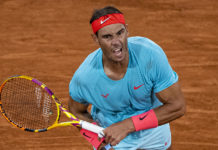Fifteen years after he tested positive for a banned substance, former player Mariano Puerta has admitted that he lied to the Court of Arbitration for Sport (CAS) to get a reduced sentence.
The 41-year-old had tested positive for banned cardiorespiratory stimulant etilefrine just four months after he made the final of the 2005 French Open, which he lost to Rafael Nadal in four sets.
ALSO READ: I need to start earning a living again, says Millman
Now the former world no 9, in an interview with Argentine daily La Nación, has revealed that his defence in court was “a lie.”
The false claim
Puerta’s assertion to the CAS at the time was that the banned substance entered his system after he drank water from a glass which was used by his then wife Sol Estevanez. She, according to the defence, had been using the same glass to take effortil, which is a medication used against menstrual cramps but contains etilefrine.
ALSO READ: I wanted to crawl out of my skin: Soderling
However, the Argentine revealed that the drug he took was actually not from his wife’s medication, but came from ginseng and caffeine pills that were given to him by the friend of his fitness coach Dario Leceman.
“But I did not take any sporting advantage. I don’t want to be seen as a deceiver,” Puerta said to La Nación earlier this week.
ALSO READ: Players don’t want to become friends, says Tsitsipas
“I never met the person who made the pills, never knew his name, no one of the family wanted to know.”
Lecemon subsequently denied the allegations to the newspaper.
Leading astray
Puerta further claimed that the false defence was a created by the late Eduardo Moline O’Connor, who was a member of CAS from 1998 to 2006, was a part of Argentina’s Supreme Court, and was also an executive in the country’s tennis association.
The doctored defence, allegedly, was made as it was deemed the only way for Puerta to receive a lenient sentence since he had already tested positive for a banned anabolic steroid in 2003.
ALSO READ: Why Sam Stosur revealed her secret to the world
As a result of the testimony, his original sentence of eight years was reduced to only two years.
But he would never break back into the top 100. He returned to the tour in 2007, and subsequently retired at the end of the 2009 season.
“To today’s tennis players I would say don’t do anything that puts you in a position like mine,” he said. “How can you be safe? Being extremely responsible, do not delegate, do not trust anybody. The price that you might pay for making a mistake is very high. It doesn’t make sense. I was irresponsible.”
ALSO READ: Nadal to skip US Open amidst Covid-19 spike























